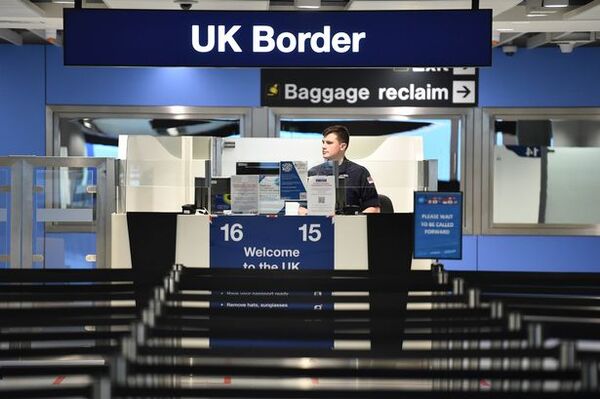New rules governing right to work checks
Concessions which were implemented by the Home Office in the midst of the pandemic, allowing for right to work checks to be carried out via video links, came to an end on 30 September 2022.
From 1 October 2022, various ways to properly conduct a right to work check took effect (providing an employer with a statutory excuse). The correct method(s) to use for the check is dictated by the proposed worker’s immigration status and visa-type.
Home Office online right to work checking service
Most employers will already be familiar with the Home Office’s online right to work checking service. An individual with a biometric residence card (BRC), Biometric Residence Permit (BRP), or Frontier Worker Permit (FWP) must use the online service to prove their right to work. Since 6 April 2022 employers have been unable to accept or check a physical version of a BRC, BRP or FWP as proof of right to work.
Manual checks
Non British/Irish Nationals who do not possess digital immigration status (which includes a BRP, BRC, FWP) will need to prove their right to work through a traditional manual check. From 1 October 2022, Employers must revert to manually checking original documents in the presence of the proposed employee This is in accordance with current law and guidance on the Prevention of Illegal Working (the Guidance) and the rules applicable prior to the pandemic.
Identity Service Providers (IDSP)
Since 6 April 2022, employers have been permitted to use certified identity service providers (IDSPs) to carry out digital right-to-work checks on behalf of British and Irish citizens with a valid passport. This process involves the individual uploading images of their personal documents via a certified IDSP system which then verifies their identity remotely.
Employers can use IDSPs instead of reviewing original hard-copy documents themselves, although the onus remains on employers to ensure (‘reasonably believe’) that the ISDP has carried out their checks in accordance with the current Guidance.
Home Office Employer Checking Service (ECS)
The ECS continues to be available where an individual has an outstanding application, administrative review, or appeal.
Suffice to say, it remains crucial for all employers (regardless of whether such employer holds a sponsor licence) to conduct a right to work check before employing any individual (regardless of their purported Nationality or immigration status).







